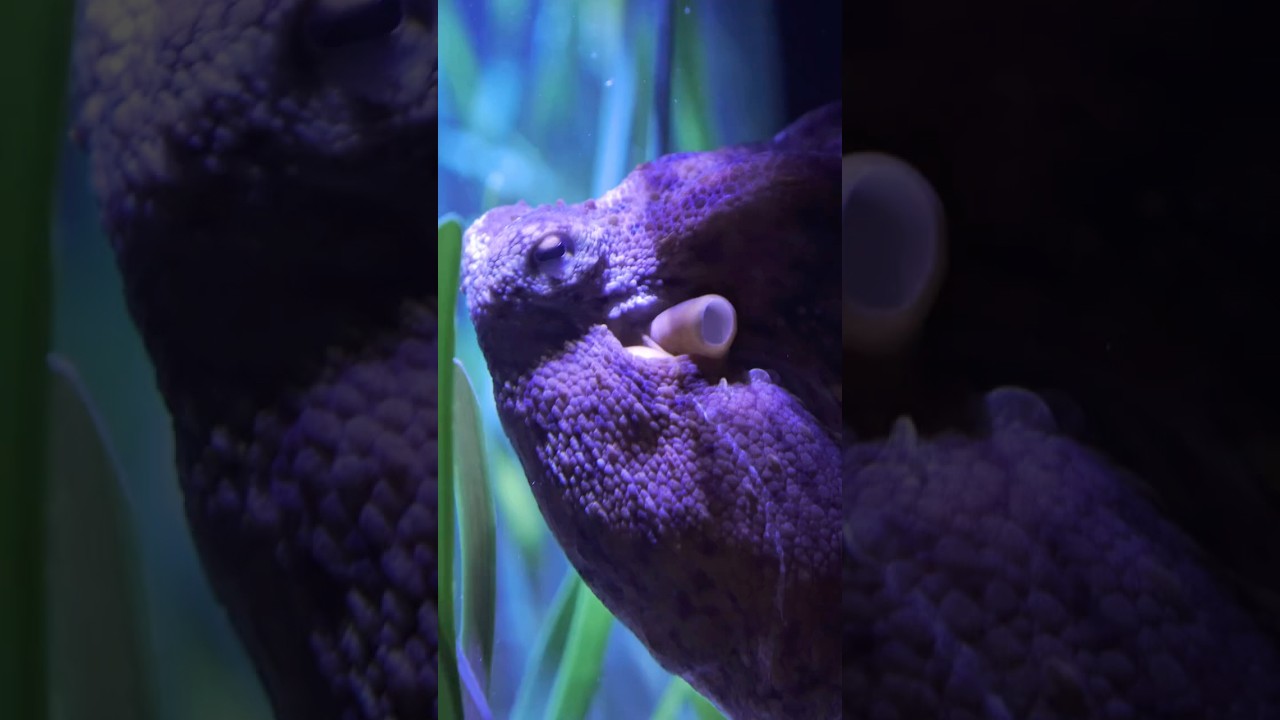- Román: Understanding the personality and behavior of octopuses
- The ecology and habitat of octopuses: Insights from Román’s life in captivity
- Conservation efforts and challenges in protecting octopus populations
- The role of public awareness and educational programs in zoo management
- Technological advancements and their impact on octopus research
Román, an octopus residing in a popular aquarium, stands as a fascinating ambassador for his species. Known for his lively antics and distinct personality, Román offers unique insights into the behavior and intelligence of octopuses. Octopuses like Román are renowned for their problem-solving abilities and adaptability, often surprising scientists and visitors alike with their complex behaviors. This article delves into understanding these intriguing creatures, their ecological significance, and the efforts necessary for their conservation.
Octopuses belong to the class Cephalopoda, which includes squids, cuttlefish, and nautiluses. Among them, the common octopus, Octopus vulgaris, is one of the most studied. They possess a highly developed nervous system, with about two-thirds of their neurons located in the arms rather than the brain. This decentralized nervous system allows for sophisticated tactile exploration and manipulation of objects. Román, for instance, frequently engages with toys and puzzles designed to stimulate his curiosity, showcasing his capacity for learning and memory.
Román’s expressive nature and interaction with his environment highlight an essential aspect of octopus behavior: their remarkable communicative abilities. Despite their solitary lifestyle, octopuses exhibit a range of behaviors to convey emotions and intentions. Through changes in skin color and texture, they can signal warnings, camouflage themselves, or even communicate with other sea creatures. This dynamic adaptability is crucial for survival in the diverse environments they inhabit, from coral reefs to the ocean floor.
Understanding the ecology and habitat of octopuses through captives like Román provides essential insights. Octopuses are primarily benthic, dwelling on the ocean floor where they hunt crustaceans, mollusks, and small fish. Their habitats are often threatened by human activities, such as pollution and fishing. Studying animals like Román can enlighten us on the environmental parameters necessary for their survival. Moreover, their sensitivity to environmental changes makes them valuable indicators of ocean health.
In the realm of wildlife conservation, octopus populations face numerous challenges. Overfishing, habitat destruction, and climate change are significant threats. Octopuses are caught for bait and food, with their demand rising globally. Protective measures are crucial to maintaining sustainable populations. Conservation programs are increasingly vital, focusing on habitat restoration and sustainable fishing practices. However, many octopus species are not yet well-documented, making the formulation of protective policies difficult.
Public awareness and educational programs play a critical role in zoo management, promoting the importance of preserving species like the octopus. By engaging visitors with Román’s antics and providing scientific insights into his care, aquariums foster a sense of connection and responsibility towards marine life. Interactive exhibits and workshops can inspire future generations of marine biologists and conservationists.
Technological advancements have significantly impacted octopus research. Underwater drones, AI-driven data analysis, and improved tracking systems have expanded our understanding of their behavior in natural and artificial environments. These tools aid researchers in observing octopuses’ complex social interactions and their responses to environmental stimuli. Such innovations also support conservation initiatives, enabling more effective monitoring and management of wild populations.
Román, and octopuses in general, captivate with their intelligence and adaptability. The lessons derived from their study underscore the importance of protecting marine biodiversity. As stewards of the planet, we must foster a balance between human activities and the natural world, ensuring that remarkable creatures like Román continue to enchant and educate future generations.
*****
Source Description
✨ ¿Quieres conocer más sobre el enriquecimiento ambiental? ¡Te leemos!
#Oceanogràfic #Pulpo #Octopus


